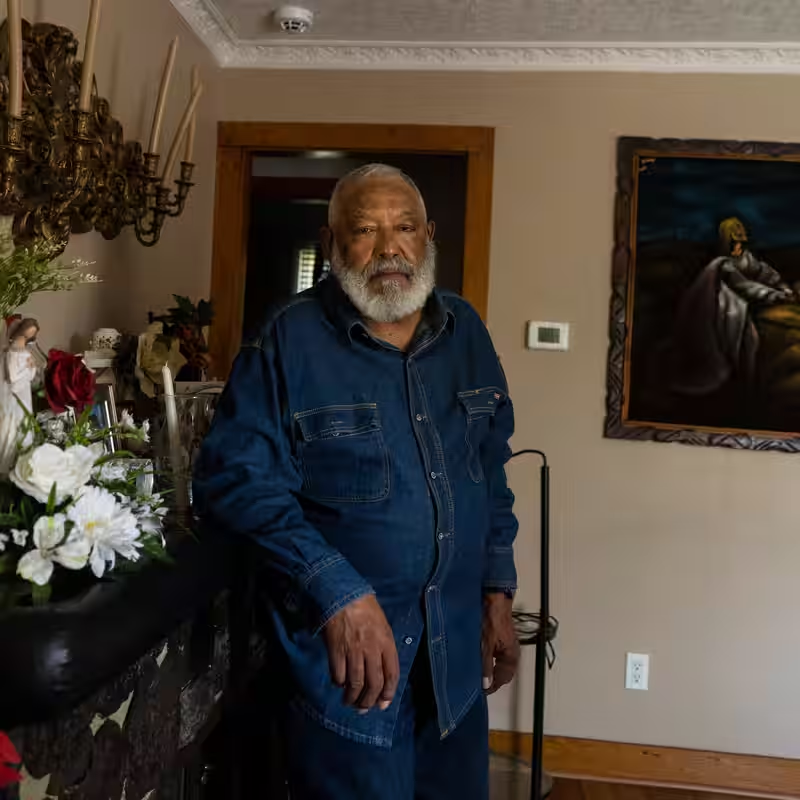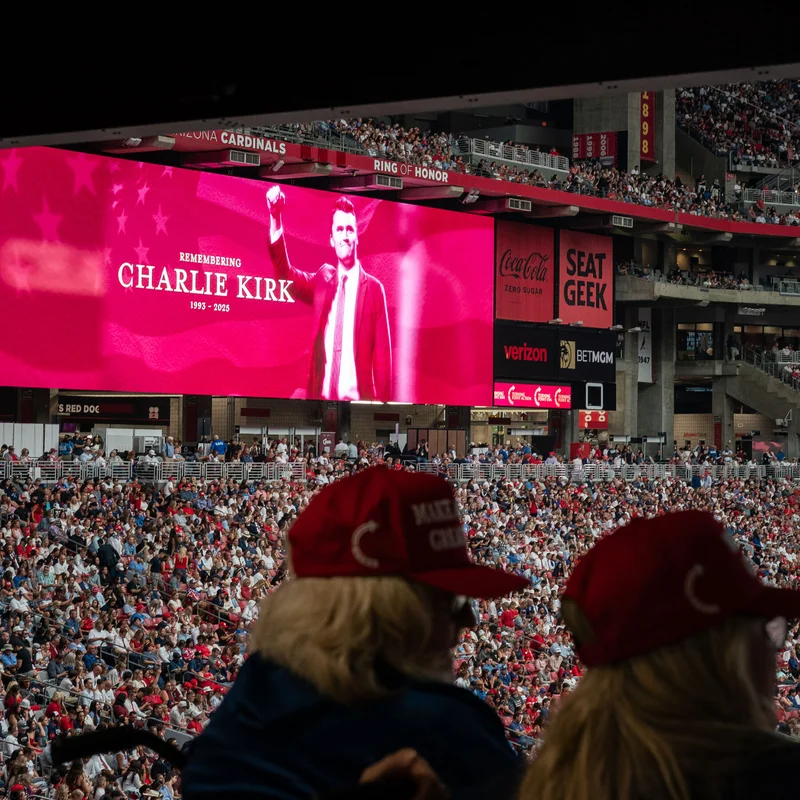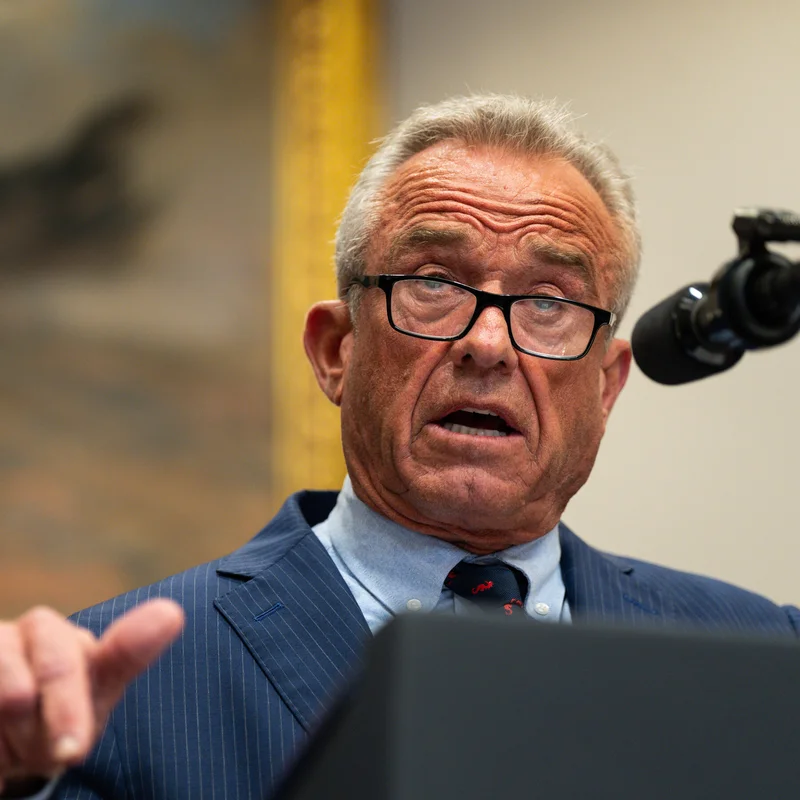Table of Contents
- The Human Toll of Black Lung Disease
- Trump’s Coal Pledge vs. Reality on the Ground
- Silica Dust Rule Stalled Amid Industry Lawsuits
- Miners Take to the Streets: ‘Cast Aside to Die’
- Political Fallout and Worker Betrayal
- Sources
The Human Toll of Black Lung Disease
For decades, coal miners have powered America’s energy backbone—but at a devastating personal cost. Black lung disease, or coal workers’ pneumoconiosis, is an incurable, progressive illness caused by inhaling coal and silica dust. Once thought to be in decline, the disease has surged in recent years, with advanced cases now appearing in younger miners.
“We’re being cast aside to die,” said Gary Hairston, 71, a retired West Virginia miner and president of the National Black Lung Association. Diagnosed in his 40s, Hairston has spent the last three decades fighting for stronger protections—only to watch enforcement stall under an administration that once vowed to stand with coal workers.
Trump’s Coal Pledge vs. Reality on the Ground
During his 2016 campaign and presidency, Donald Trump positioned himself as the ultimate champion of coal miners. “We’re going to put our miners back to work,” he famously declared, flanked by hard-hatted workers at rallies and White House photo ops. His administration rolled back environmental regulations, subsidized coal plants, and slashed emissions rules—all in the name of reviving the industry.
Yet when it comes to protecting miners from lethal workplace hazards like silica dust, the Trump administration has hit the brakes. Despite finalizing a federal rule in 2024 to tighten silica exposure limits—a move hailed by health advocates—the Labor Department has paused enforcement while mining industry groups challenge the rule in court.
“The companies might be getting a handout, but the miners ain’t getting none,” Hairston said bluntly.
Silica Dust Rule Stalled Amid Industry Lawsuits
Silica dust, a known carcinogen, is generated when miners cut through rock layers containing quartz. Even brief exposure can lead to silicosis, lung cancer, and accelerated black lung. The Mine Safety and Health Administration (MSHA) spent years developing stricter exposure limits, responding to a sharp rise in severe black lung cases across Appalachia.
But after the rule was finalized, coal industry trade groups filed lawsuits claiming the standards were “economically unfeasible.” Rather than defend the regulation, the Trump administration chose to suspend enforcement pending the outcome—a decision critics call a betrayal.
“This isn’t just bureaucratic delay—it’s a death sentence for miners still on the job,” said Dr. Emily Scott, a pulmonologist who treats black lung patients in Kentucky. “Every day without enforcement means more dust, more damage, more irreversible harm.”
Miners Take to the Streets: ‘Cast Aside to Die’
On Tuesday, October 14, 2025, dozens of coal miners and their families gathered outside the U.S. Department of Labor in Washington, D.C., holding signs that read “Enforce the Rule” and “Black Lung Is Not a Job Benefit.” Many wore oxygen tanks or leaned on canes—visible proof of the disease’s toll.
Among them was 58-year-old Darlene McCoy, whose husband died of black lung last year after 32 years underground. “He believed Trump would protect us,” she said, voice breaking. “Instead, they protected the profits.”
The protest marks a stark reversal from April 2025, when miners stood behind Trump at the White House, thanking him for supporting the coal industry. Now, many feel used—celebrated in speeches but abandoned in policy.
Political Fallout and Worker Betrayal
Labor unions and Democratic lawmakers have seized on the issue, accusing the administration of prioritizing corporate donors over working-class lives. “You can’t claim to love coal miners while letting them choke on dust,” said Senator Elizabeth Warren in a statement.
The White House maintains it “cares deeply about unleashing America’s energy potential, as well as standing up for those who fuel our country,” according to spokesperson Anna Kelly. But for miners like Hairston, words ring hollow without action.
“We didn’t ask for handouts,” he said. “We just asked to breathe.”




